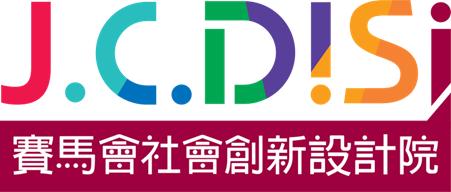Seed Experiment 3.0 (Chinese Version) (2024)
With the support of the Social Innovation and Entrepreneurship Development Fund, the Good Seed, a social innovation training and funding programme, has incubated over a hundred projects to help people in need. As this remarkable programme approaches its conclusion, we have invited 36 of the awarded projects to compile the third book, “Seed Experiment 3.0”, which chronicles the stories and challenges of these social innovators in the areas of youth development, care for women, active aging, disability inclusion, mental health, daily home life, and environmental protection.


























